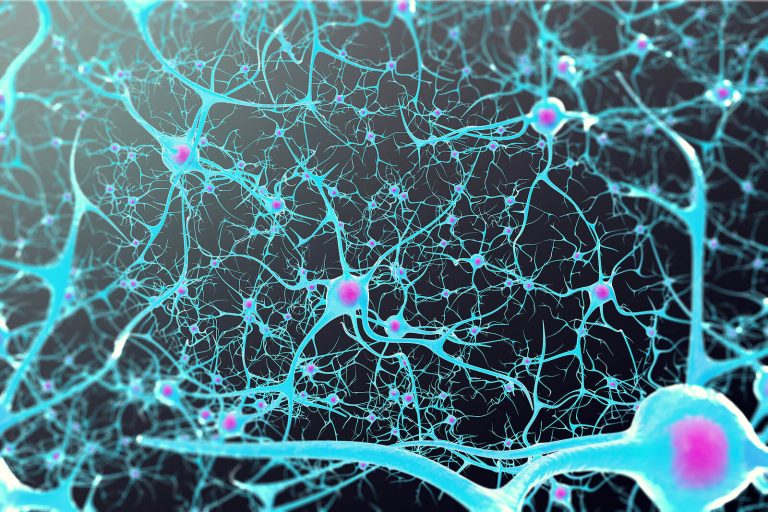All About Trauma Bonding

Have you ever been in or see a loved one stay in a relationship that is toxic or unhealthy?
Sometimes, it is hard to leave a relationship, even if it appears damaging. Often times, it is more
likely that someone outside of a relationship is better able to recognize the signs of an abusive
relationship. At times, abuse is something that can be difficult to detect from inside of a
relationship. There are a couple reasons for this, but a main cause has to do with something
called trauma bonding. Trauma bonding is the attachment an abused person feels for their abuser,
specifically in a relationship with a cyclical pattern of abuse. Trauma bonding often happens in
romantic relationships; however, it can also occur between colleagues, family members, friends,
in human trafficking situations, and in elder abuse.
What is Trauma Bounding?
Trauma bonding happens when an abuser uses manipulation tactics and cycles of abuse to make
the victim feel dependent on them. Over time, this creates a strong bond between the abuser and
the victim, which makes it very difficult to leave. In trauma bonding, there is strong cycle of
abuse. After causing immense harm of some sort, an abusive person may promise to change or
never do harm again. Some may be especially kind and do excessive gestures to keep the person
in the relationship. This gives the abused person hope that there will be change in the
relationship. In addition, it gives the abused a false sense of love, safety and security in the
relationship by using reinforcement with the brain. Much of trauma bonding involves the abuser
trying to manipulate and control the person who is being abused in the relationship. Some
common control tactics include: intimidation, emotional abuse, isolation, blaming, gaslighting,
decision making, minimization, and threats.
Common Signs of Trauma Bonding
- Abuse: Abuse means treating another person with violence, cruelty, harm, or force in any
capacity. Emotional, physical, verbal, sexual, and phycological abuse are all common
when dealing with trauma bonding. - Imbalance of power: Often times, there is a feeling of an imbalance of power with the
relationship. The person who is being abused may feel helpful or like they are unable to
leave the relationship because they are scared of the outcome. There are many forms of
imbalance of power including: physical, emotional, financial, and psychological. - Wanting to “please” the abuser: Since control and power play a big role in trauma
bonding, it is not uncommon to want to please the abuser. Often times, people who are
victims of a trauma bond tend to have people pleasing tendencies to begin with and are
more empathic and vulnerable. During the cycle of abuse when the victim feels as though
they have pleased the abuser, the brain releases a neurotransmitter called dopamine.
Dopamine is the “feel good” neurotransmitter, which provides a desire of a wanting to
please again the future. - Loss of self: Often times people who are able to leave a toxic relationship, later report a
loss of self during the relationship. An abuse victim might cover up or makes excuses to
others for an abuser’s behavior or keep the abuse a secret. There is a loss of confidence
and esteem and the victim might think the abuse is their fault.
What to Do
- Plan for safety: If currently in an abusive situation, leave it when there has been a safety
plan created. This involves having somewhere safe to go with support. Turn to loved ones
and trusted people. Get law enforcement in place as needed. - Cut all ties: It is recommended by trauma professionals to cut all ties with the abuser and
do not contact them under any circumstance. - Practice positive self-care and talk: Speaking kindly to yourself and doing your best to
believe that the abusive situation was not your fault are helpful tools to break your bond
from your abuser. It is recommended to reach out to a mental health professional to help
provide support to process though the trauma.
Call For a FREE Consultation
We serve the Denver Metro area of Colorado. Click the button below to call and Schedule an Initial Consultation. To Schedule Neurofeedback or Testing please call us at 720-248-8603
Recent Articles
Dispelling Neurofeedback Myths
Neurofeedback has become increasingly popular as a therapeutic tool for clients, but it remains misunderstood by many. Misconceptions about its…
Autism Testing for Adults: Why Diagnosis Still Matters
What is Autism? Autism is a neurological difference that impacts how one scales social interactions, interpersonal relationships, and experiences the…
The Intersectionality of Autism & LGBTQIA Throughout the Lifespan
If you have a child (of any age) who you think may be Autistic, has been diagnosed as Autistic, or…
Autism Diagnosis Support Guide: Interventions, Therapy, and Accommodations for All Ages
Understanding Your Diagnosis An Autism or other mental health diagnosis may be very overwhelming. Understanding a diagnosis can help lessen…





